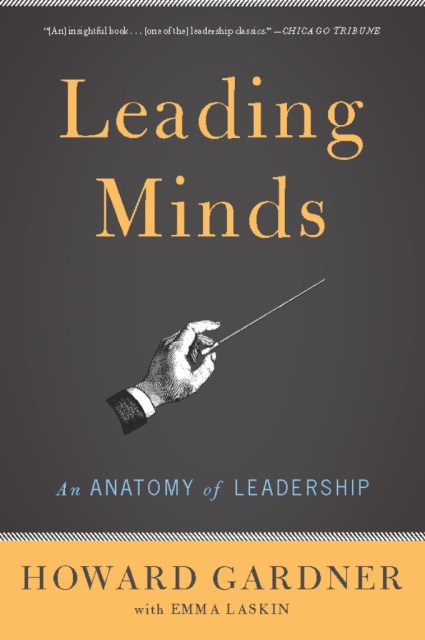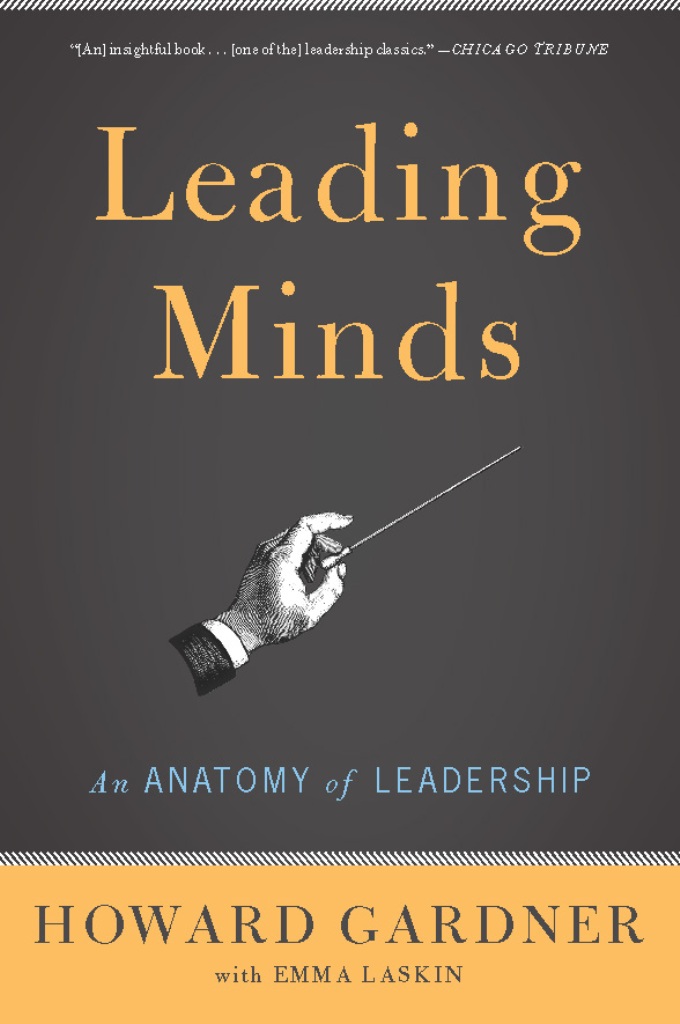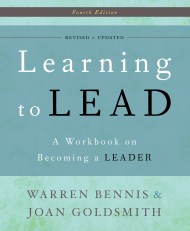By clicking “Accept,” you agree to the use of cookies and similar technologies on your device as set forth in our Cookie Policy and our Privacy Policy. Please note that certain cookies are essential for this website to function properly and do not require user consent to be deployed.
Leading Minds
An Anatomy Of Leadership
Contributors
With Emma Laskin
Formats and Prices
- On Sale
- Dec 6, 2011
- Page Count
- 480 pages
- Publisher
- Basic Books
- ISBN-13
- 9780465027774
Price
$13.99Price
$17.99 CADFormat
Format:
- ebook $13.99 $17.99 CAD
- Trade Paperback $19.99 $24.99 CAD
This item is a preorder. Your payment method will be charged immediately, and the product is expected to ship on or around December 6, 2011. This date is subject to change due to shipping delays beyond our control.
Buy from Other Retailers:
-
"An insightful book...[one of the] leadership classics."Chicago Tribune
-
"Full of insights and illuminating detail.... Effective leaders put words to the formless longings and deeply felt needs of others. They create communities out of words. In Leading Minds, Gardner shows that he is just such a leader, able to articulate and clarify what many of us have been thinking on the subject for a long time."Warren Bennis, Harvard Business
Newsletter Signup
By clicking ‘Sign Up,’ I acknowledge that I have read and agree to Hachette Book Group’s Privacy Policy and Terms of Use






